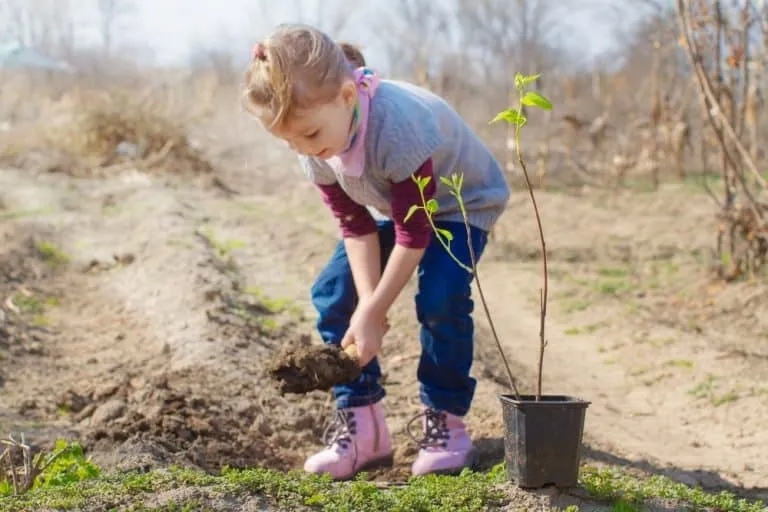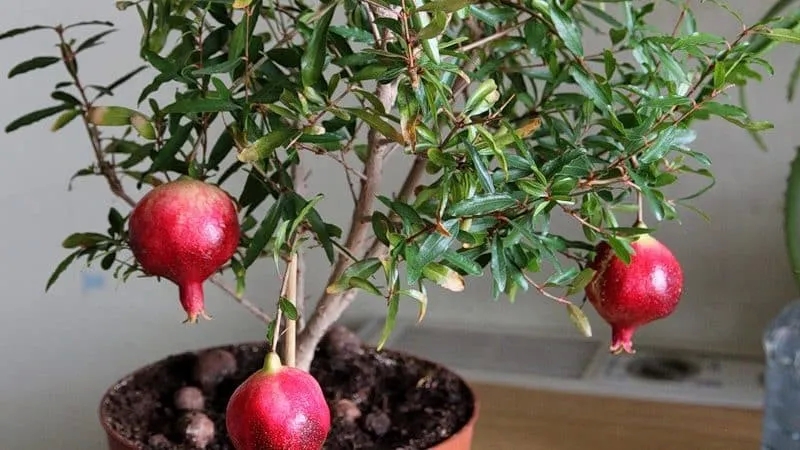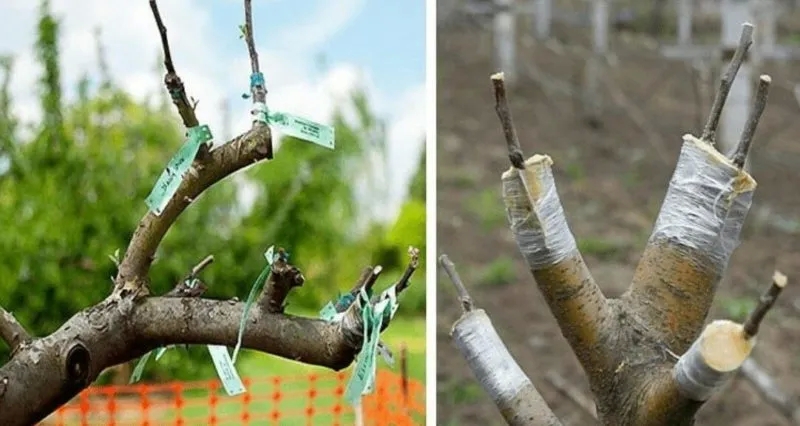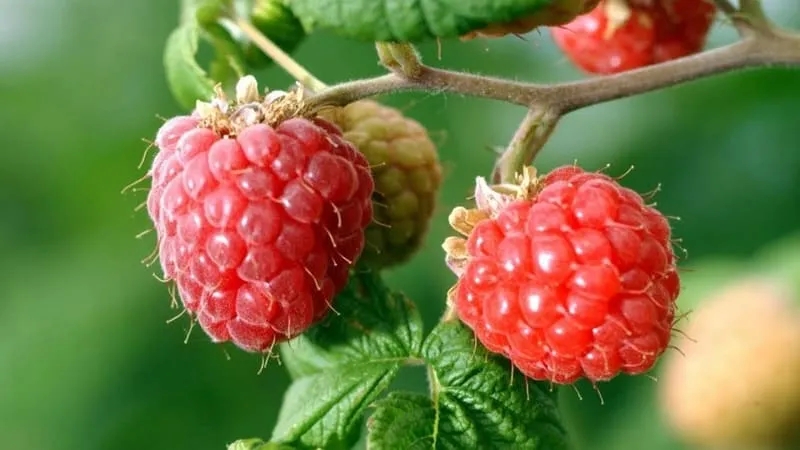Plant enthusiasts grow lemon trees not in gardens but at home — in pots. These conditions are best suited for the delicate exotic tree, as it's easier to provide proper care indoors. One of the key factors for a healthy and beautiful plant is balanced, nutrient-rich soil. Let’s explore what kind of soil is best for growing lemons at home and how to prepare it.
Table of contents
What Kind of Soil Does a Potted Lemon Tree Need?
For growing indoor lemon trees, choose well-aerated and lightweight soil. The optimal pH level is 5.5-7; overly acidic soil can lead to diseases and plant death.
The soil should not contain large clumps, as they hinder the roots from absorbing nutrients, causing deficiencies. Additionally, avoid leaves, twigs, or other foreign debris in the mix.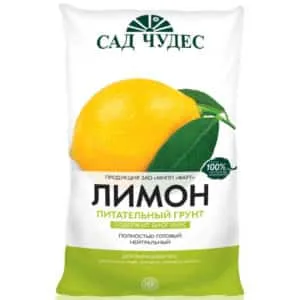
The soil mix should consist of several components. A good option is a blend of garden soil and leaf mould — it’s light, nutritious, and allows proper air and water circulation.
Use loose garden soil and sterilise it before use to eliminate bacteria and pests. The best time to collect garden soil is in summer, sieving it through a fine mesh.
Leaf mould is essentially decomposed fallen leaves. To prepare it, gather fallen leaves, moisten them with warm water and diluted manure, and add 500 g of lime to reduce acidity. The resulting soil is loose, light, and rich in nutrients.
Note! To improve soil aeration, add washed river sand. It prevents fungal and bacterial growth, which can cause root rot. Additionally, sand helps retain warmth and moisture.
Preparing Soil for a Potted Lemon Tree
It’s best to plant a lemon tree in pre-prepared soil. Gather the necessary ingredients and tools, and follow the correct preparation method.
Let’s examine what kind of soil is ideal for lemon trees.
Required Ingredients
There are several ways to prepare soil for indoor lemon trees. One common method is mixing garden soil, turf, leaf mould, charcoal, and manure. Another nutritious blend combines turf, leaf mould, and peat.
Most recipes include the following ingredients:
- garden soil;
- leaf mould;
- turf;
- peat;
- compost;
- river sand;
- charcoal.
Artificial components can also enhance the soil:
- Vermiculite. Resembles wood shavings and is eco-friendly. It absorbs excess water and can replace river sand. Contains magnesium, calcium, iron, and silicon.
- Dolomite. Beneficial for lemon trees and other citrus plants. Rich in calcium and manganese, it balances soil acidity and prevents root rot.
Key Guidelines
When using garden soil, ensure it’s free of roots, insects, and weeds. If present, clean and sieve the soil thoroughly.
For leaf mould, collect it from under lime trees. Remove a 5 cm layer and sieve to eliminate large particles. Avoid soil from coniferous trees — it’s highly acidic and contains substances harmful to lemon trees.
If using charcoal, opt for birch charcoal. Grind it into powder for better absorption. Ensure all ingredients are well-mixed and free of impurities.
Step-by-Step Instructions
Homemade soil is often better than store-bought mixes for potted lemon trees.
Preparation method for nutrient-rich soil:
- Mix equal parts turf, leaf mould, and peat.
- Add 10% washed river sand (by total volume).
- Mix thoroughly.
- Add 40 g of granulated superphosphate per 1 L of the mixture.
- Steam the mix in an oven at 90°C for 2 hours, then cool.
Steaming kills insect larvae and pathogens but also removes some beneficial microbes. To minimise this, steam only the soil components (leaf mould, garden soil, turf) and add peat and sand afterward.
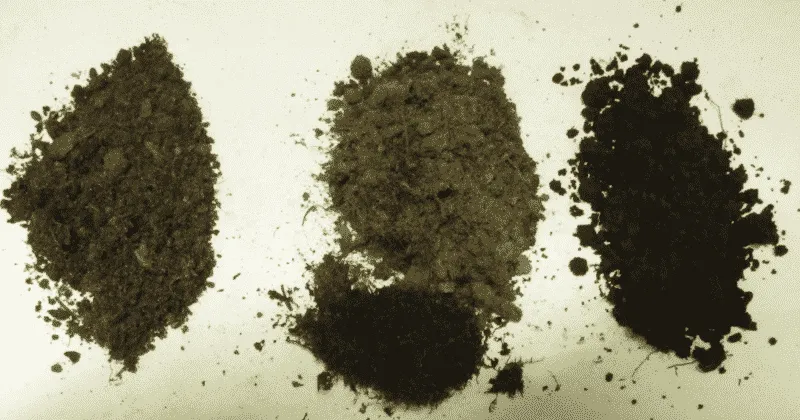
Fertilising and Maintaining Soil for Indoor Lemon Trees
Never let the soil dry out completely — this can cause leaf drop and plant death. Use rainwater or melted snow for watering. If unavailable, use tap water left at room temperature.
Water evenly across the soil surface. In summer, water 3 times a week; in winter, reduce to once a week. Adjust frequency based on the plant’s location (e.g., near radiators may require more frequent watering).
Lemon trees respond well to liquid mineral fertilisers. Start fertilising in the third year after planting, using superphosphate or ammonium nitrate. Balanced fertilisers like "Kemira" or citrus-specific blends work well. Apply every 6 weeks.
Note! To protect against pests and diseases, water the soil with a soap solution (100 g grated soap per 1 L water).
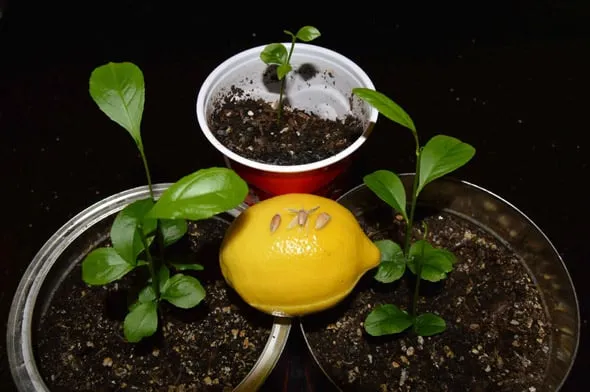
Conclusion
Before planting a lemon tree at home, research its soil preferences. A well-balanced mix includes garden soil, leaf mould, turf, sand, charcoal, and vermiculite.
The soil should be light, nutrient-rich, and free of clumps, weeds, or roots. Sterilise the mix by steaming to eliminate harmful microbes. Regular watering and liquid mineral fertilisers will ensure healthy growth.
